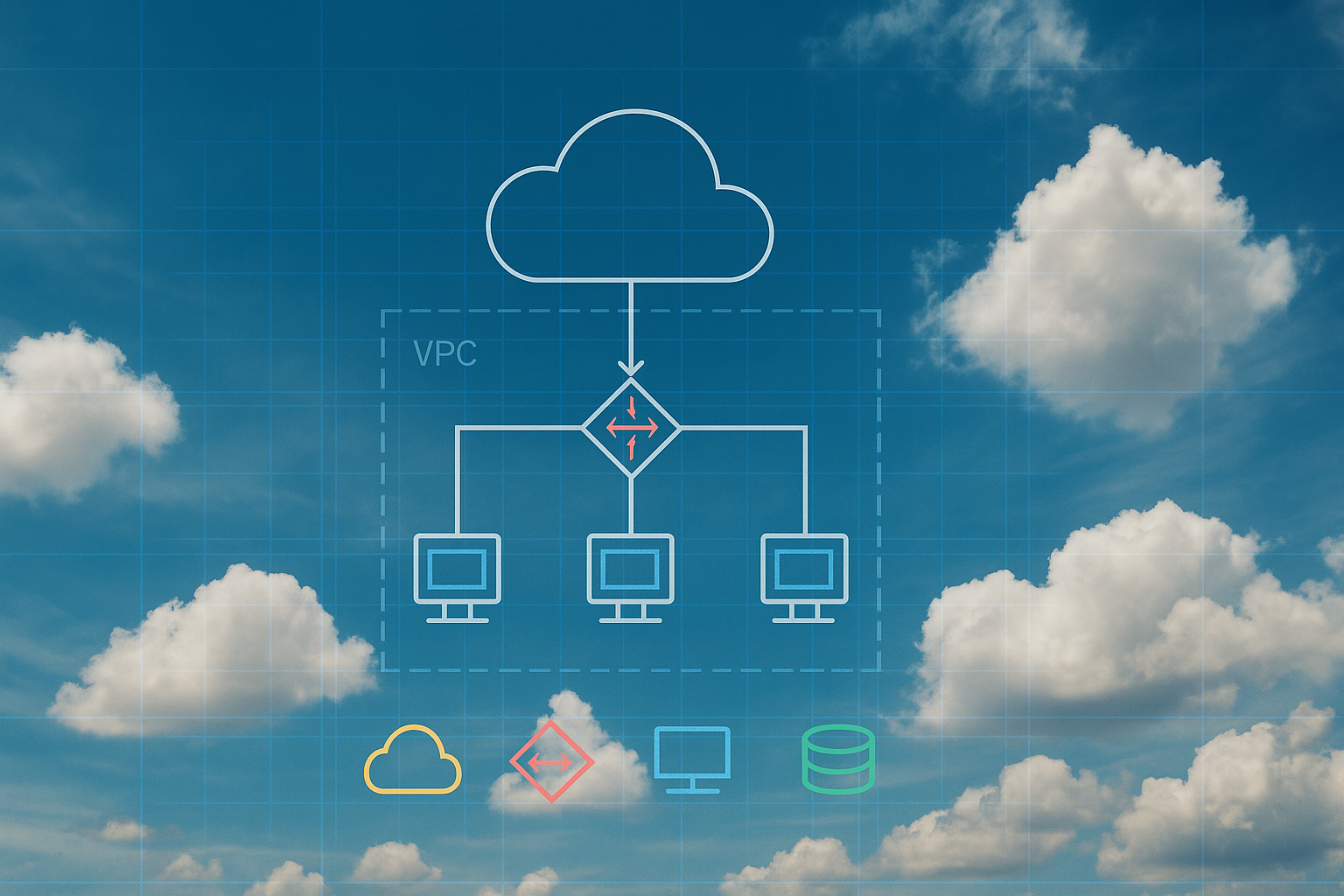Introduction to Programming

Under den här kursen lär du dig grunderna i programmering.
Du lär dig hur du bygger upp ett program och strukturerar din kod, samt grundläggande programmeringskoncept som datatyper, variabler, villkorssatser och loopar. Du får också en introduktion till objektorienterad programmering och lär dig begrepp som klasser och arv. Under kursen arbetar du med utvecklingsverktyget Visual Studio och språket C#, men de flesta koncepten är språk- och verktygsoberoende.
Målgrupp och förkunskaper
Den här kursen vänder sig till deltagare utan tidigare programmeringserfarenhet, som vill lära sig grunderna i programmering. Du ska vara en van datoranvändare.
Detaljerad information
Kursmaterialet är på engelska, med detta innehåll:
Introduction to Programming
This module provides a foundational understanding of how computers process information, looks at different types of software applications, and discusses how code is compiled and run on computer hardware. It also discusses the software development lifecycle.
- How Computers Work
- Types of Software Application
- The Software Development Lifecycle
- Compiling Code
Programming Language Concepts
This module introduces programming language syntax and the syntax rules for C#. It also discusses core data types and how to work with these using variables and constants.
- C# Syntax
- Types of Data
- Working with Variables and Constants
Understanding Program Flow
This module looks at how code is executed in a computer program and introduces the thinking behind structured programming and the idea of branching in code execution. The module then expands on these concepts using functions, decision structures, and different looping constructs.
- Fundamentals of Structured Programming
- Decisions and Branching
- Calling Functions
- Decision Structures
- Looping
Algorithms and Data
This module covers the concept of an algorithm by looking at different ways of expressing algorithms, especially when communicating understanding with stakeholders. The module then explores how to translate those ideas into working code. The module also discusses a number of different simple data structures and collections that can be used in developing algorithms.
- Formulating Algorithms
- mplementing Algorithms
- Working with Data Structures
Bugs and Errors
This module is intended to give an understanding that errors are an inevitable part of software development. It introduces ways to anticipate and handle those errors in code, and provide a good user experience. The module also covers structured exception handling as a means of handling errors gracefully.
- Program Bugs and Errors
- Structured Exception Handling
- Using Visual Studio Debugging
Inputs and Outputs
This module covers the fundamental input/output (I/O) concepts beginning with console I/O, and then moving on to File I/O using the various stream APIs and the File API, so that students understand how to persist data using the filesystem.
- Console I/O
- File I/O
Structures, Objects, and Classes
In this module, the concepts related to object-oriented programming (OOP) are introduced for the first time. This module starts by introducing complex data structures using the struct keyword, before moving on to the basics of object-oriented design and classes. The module provides an understanding of encapsulation as one of the fundamental tenets of object-oriented programming, and the notion of private and public methods and member variables.
- Complex Data Structures
- Structs
- Classes
- Encapsulation
"Det jag har fått ut av kursen kommer att hjälpa mig i framtida gemensamma aktiviteter med intern IT, konsulter och systemleverantörer. Det är enklare att förstå varandra om vi kan prata något sånär samma språk. Tack!"
Relaterade kurser
Relaterat innehåll


